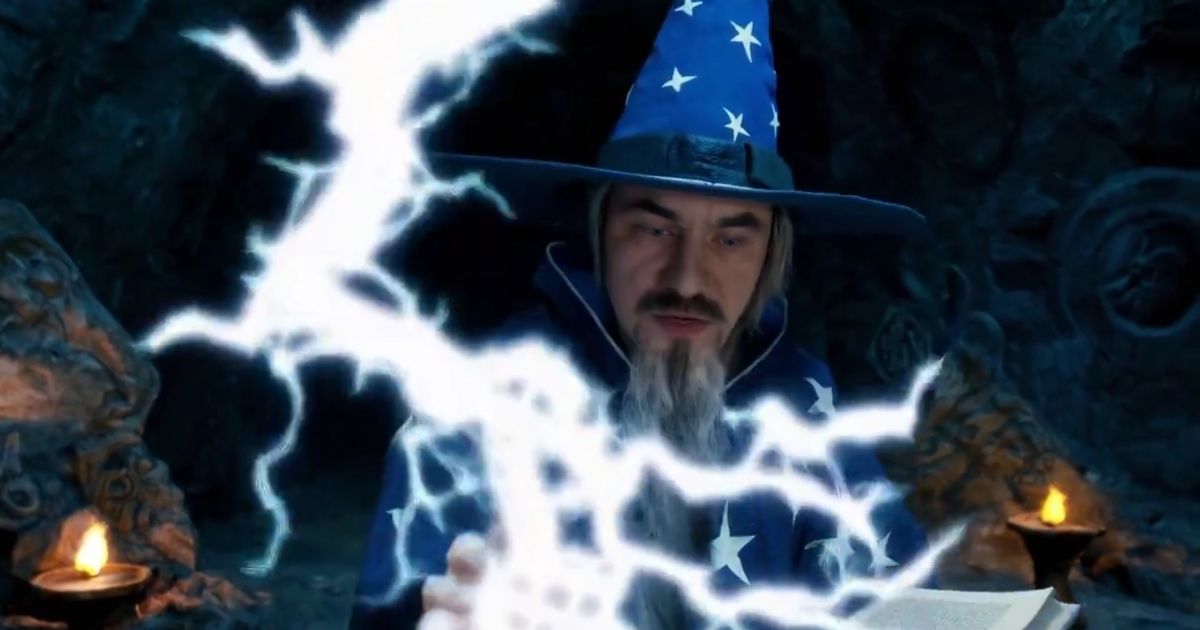
OpenAI has just announced Sora, an AI-powered tool that can generate videos from text. While we have already seen several text-to-video generators online, Sora takes the concept to a whole new level as it creates extremely realistic videos. Sam Altman, CEO of OpenAI, has posted several samples of Sora-generated videos on X (formerly Twitter) which have impressed the entire AI community.
What is Sora?
Although OpenAI has not disclosed the exact model and technology behind Sora, the AI tool can generate complex scenes with multiple characters in motion. As of now, it can create videos for up to a minute long. The tool can also interpret emotions from text prompts, and express the same in its videos.
Sora is currently available for a small set of creators selected by OpenAI. The service is not accessible by general users, or even by paid subscribers of OpenAI tools. The company says that this is just a research preview to demonstrate the capabilities of AI to the world.
While announcing Sora, Sam Altman asked Twitter users to suggest ideas for the demo of this tool. People came up with creative and complex prompts, but Sora has exceeded all the expectations. Here are some examples.
https://t.co/uCuhUPv51N pic.twitter.com/nej4TIwgaP
— Sam Altman (@sama) February 15, 2024
https://t.co/SOUoXiSMBY pic.twitter.com/JB4zOjmbTp
— Sam Altman (@sama) February 15, 2024
OpenAI employee Evan Morikawa posted a Sora-generated sample, which by far has to be the most impressive one. Here’s a video which shows a moving metro train, with multiple complex reflections.
Of the OpenAI Sora videos, this one blew my mind. Rendering this scene via a classic renderer is very hard. Sora doesn't model physics the way we do. It can definitely still get it wrong, but I wouldn't have predicted it'd be this convincing. https://t.co/l3blB8Xe49 pic.twitter.com/f2Vy9uR3dt
— Evan Morikawa (@E0M) February 15, 2024
The above video demonstrates OpenAI’s statement that Sora understands physics very well. The tool is able to generate complex scenarios just as close to real life.
After ChatGPT, Sora seems to be the next big development by OpenAI. The concept is fascinating, but worrying at the same time. Sora has endless applications in content creation, filmmaking, animations, and more, but can also be misused in an equal number of ways. Hence, OpenAI says that Sora will implement multiple safety measures. It will filter out prompts which could be potentially harmful. This includes content related to violence, adult media, celebrity-related deepfakes, and other intellectual properties.
A few weeks back, Google had also demonstrated its text-to-video generator called VideoPoet. It works similarly to Sora, but can also generate audio content. However, both services are not open for public access yet.
OpenAI has not announced the actual release date for Sora yet. The company says that the AI-powered video generator is still under development. It will be interesting to see how OpenAI takes this project while keeping it internet-safe.



















